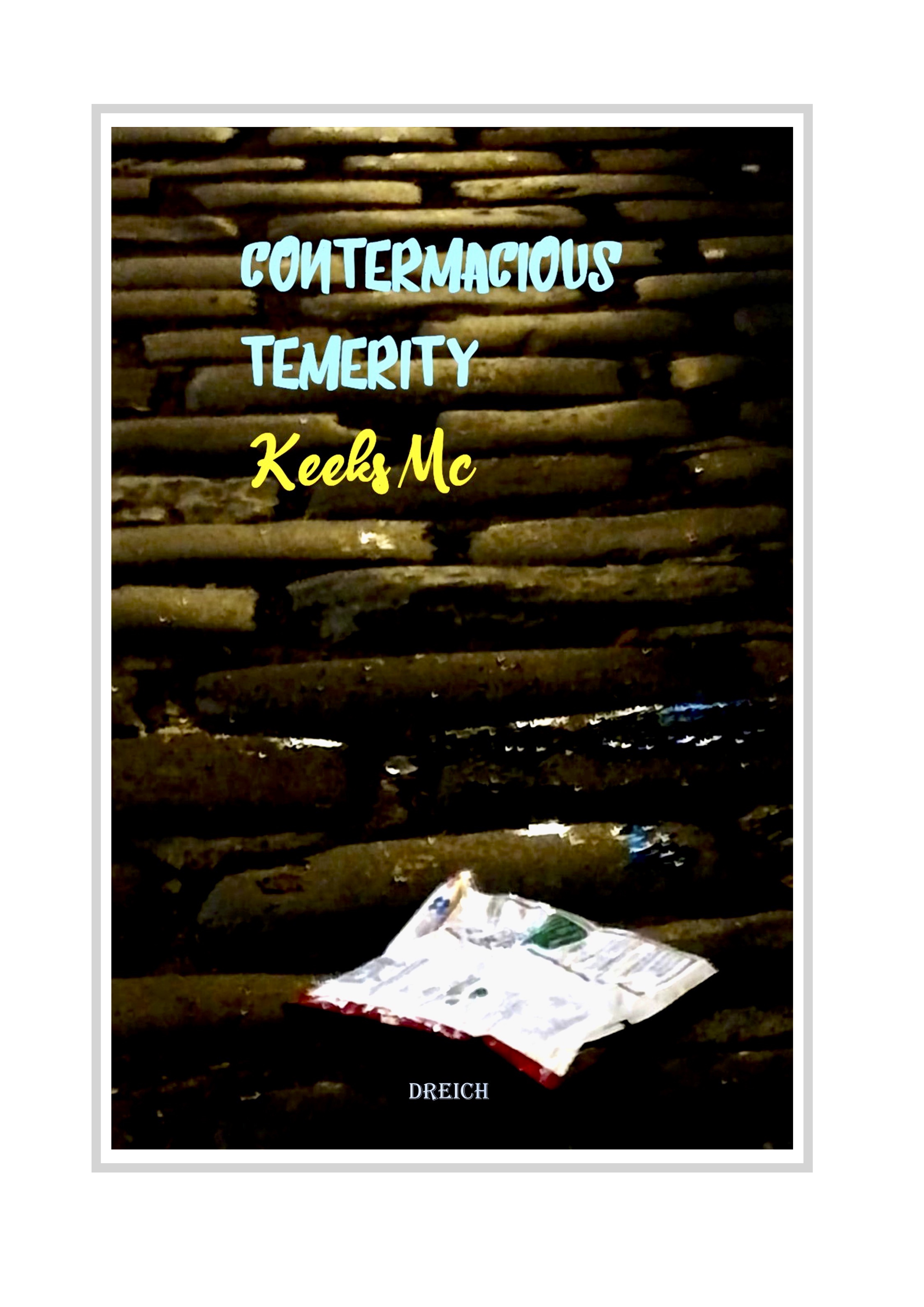Scottish Spleen, edited by Tom Hubbard, James W Underhill and Stewart Sanderson, featuring translations by J Derrick McClure, Sheena Blackhall, Christie Williamson, James Robertson, Robert R Calder, Walter Perrie and Rab Wilson (Tapsalteerie, 2015)
Last year I attended a seminar given in Paris by James Underhill as part of a series on translation. The wry understatement of his delivery had a way of bringing you round to a new viewpoint almost without your notice. Maybe it’s a Scottish thing; I feel some of Don Patterson’s commentaries on poetry are similar. A lot of the substance of that seminar is reproduced in Underhill’s introductory essay to this collection of translations of some of Baudelaire’s (mostly prose-) poems into Scots, an essay almost worth the cover price alone. The new view that grabbed me was the notion that many English translators have made Baudelaire, well, a bit stuffy, by simply employing a Latinate term where one appears in the French – often a direct cognate. Baudelaire is an ornate poet in many ways, but these Latinate terms are everyday words in French (or to put it cognately, quotidian words). They sound elaborate to the English reader, skirting pretension, whereas to the French lecteur they are perfectly ordinary. In France, you don’t break your leg, you fracture your femur. Fredric Jameson said languages are defined by what they cannot do. The impetus for Scottish Spleen was Underhill’s realisation that the Scots translator does not have the same lexicon of Latinate terms at her disposal as her English counterpart and this can bring a freshness to Baudelaire in both Scots and English which allows the essential vulgarity (in all senses of the word) of the decadent’s works to shine, grubbily, like tarnished silver in the sun. As well as uniquely Gaelic and Scots words, words of Old Northumbrian, Norse and Saxon origin common to Scots and English must be mobilised. The seven additional translators more than rise to the challenge. More please, to get wurselves fou.
Journey by Moonlight, by Antal Szerb, translated by Len Rix (Pushkin Press, 2002 [1938])
Another chance meeting, another wondrous journey. I am pathetically grateful to Edinburgh Central Library for updating its stock and leaving a used edition of this book on a little sales table by the lending room entrance. Some books seem to choose you. For the princely sum of fifty pence, urged on by Nicolas Lezard’s recommendation on the cover, I took home Antal Szerb’s masterpiece and stepped into a world both strange and familiar, archaic and vitally present. A farce that is not a farce but a poignant and profound existential journey for the reader, a knowing and redemptive Candide which faces the horror and ennui of the world and does so with joy in its heart, a peregrination of Joycean sympathy which is disarmingly direct in its twists and turns, a Kafka full of laughter, at itself and with everyone, leaving Gatsby in the dust of his own misery, this is an utterly essential modernist work which still needs to be far better known outside of its native Hungary. I’m not always sure of the point of prizes but Len Rix is surely worth any translation prize going for this superbly re-readable work and his award of the Oxford-Weidenfeld Translation Prize in 2006 is surely an automatic recommendation of the rest of his translations. As stories, like life, are about the journey rather than the ending, I have no qualms about reproducing the closing words of Szerb’s protagonist, Mihàly (a name which deserves to be as well-known as Bloom): “While there is life there is always the chance that something might happen…”
As for myself, I can only echo Lezard: “I urge Journey by Moonlight on complete strangers in a way that may prove counter-productive, but that is none the less sincere. And now I urge it on you.”
Clothes Clothes Clothes Music Music Music Boys Boys Boys, by Viv Albertine (Faber and Faber, 2015)
Music-industry memoirs have a sizeable market and in my experience are often terribly disappointing, ghost-written or not. What an exception this is. Viv Albertine, guitarist for the seminal – or should that be ovular – punk band The Slits, fought off her publisher’s push to accept a professional writer’s “help” and set about bloodying the page herself. After the struggles she’s faced, it wasn’t likely to faze her. The current fuzzy cultural memory of punk tends to elide both the central and affirmative role of women and the diversity of the music, which, beyond the thrash and noise, includes the joyous colours of Ian Dury and the Blockheads, the elegant guitar stylings of Television and the stripped-down reggae-influenced experimentation of Albertine, who with the Slits paved a large part of the way for post-punk. Not only does she vividly recount the feel of the time and the strong decisions made by The Slits to maintain their independence and creative control, she writes superbly about the music, revealing her affinities with free jazz innovators and the violins of the Velvet Underground in developing her unique sound. The accounts of personal relationships (Vivienne Westwood, Chrissie Hynde and Sid Vicious among them) are rendered with sensitivity and humour. The book is a genuine memoir rather than a list of tour anecdotes and astonishingly develops into a frank and nuanced telling of Albertine’s life post-punk, from motherhood to cancer to divorce, with a noticeable lack of self-pity. In 2015 she was, thankfully, back on stage with a new collection of brave, inspiringly original and darkly comic solo songs, addressing a noticeable commercial dearth of decent music written about women in their fifties. It’s music for me, too. A book which is as assertively naked as the cover of Cut. Not a typical girl. Electrifying.




Leave a Reply to Lynnda WardleCancel reply